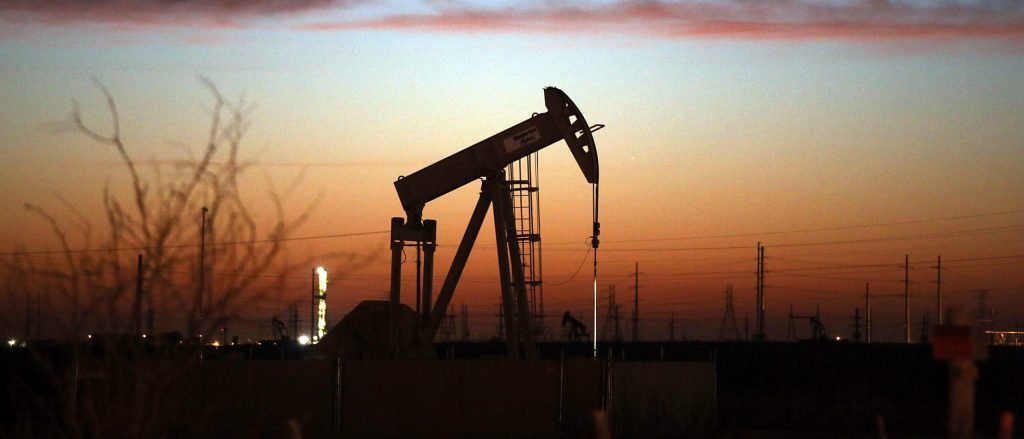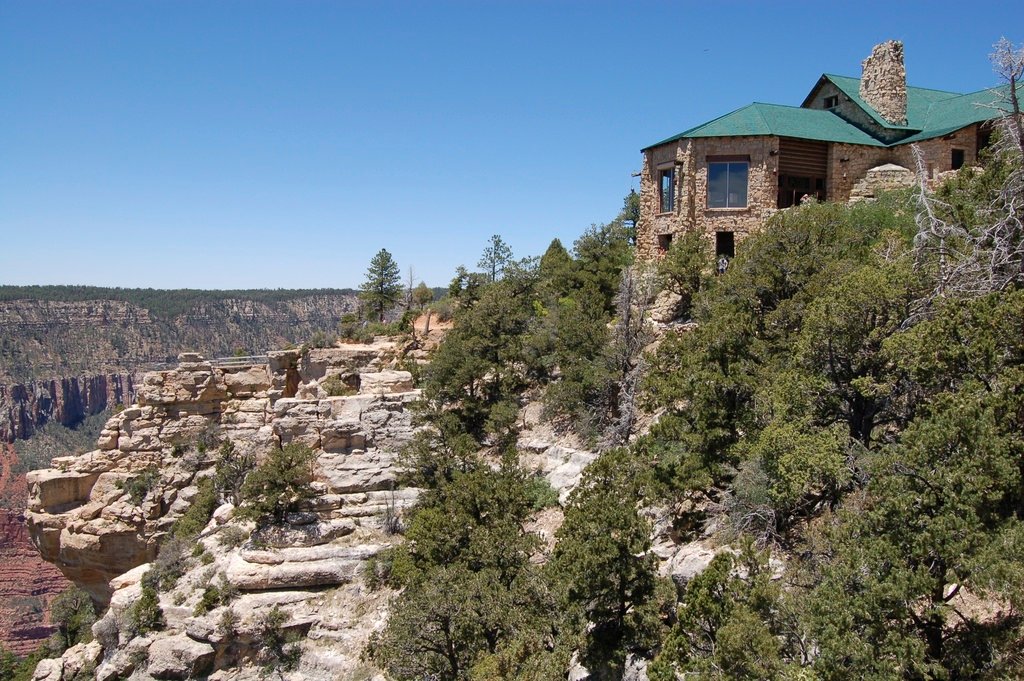What will happen to Texas if the Biden administration’s continued efforts to restrict the oil and gas industry are successful? For example, if the proposal for the Dunes Sage brush lizard to be put on the endangered species list, or the Environmental Protection Agency’s threat to hold the entire Permian Basin in violation of ozone standards, would have the effect of reducing oil and gas production. , what will happen to the state budget and economy. half?
What’s happening in Alaska in recent years could serve as a real-world example.Biden’s anti-energy policy It plays a big role in leaving the state with a huge budget hole, and some proposals to address the problem could put the state on the path to becoming a California-like high-tax, low-growth economy. (Related: David Blackmon: What Climate Change Masters Don’t Understand About Fossil Fuels)
Alaska has long been considered a wealthy state with a large state budget surplus. Taxes, leases and royalties from oil and gas exceed the state’s true needs each year, and the surplus allows the state to pay annual dividends to its residents. In fact, the 2022 bonus was $3,284 per person.
But the problem is that the energy and mining sector not only pays dividends, its taxes account for two-thirds of state revenue. This easy funding makes budget decisions easier, and per capita expenditures for state and local governments are among the highest in the nation at more than $17,000. That’s twice as much as the fast-growing economy of Florida.
Some in Congress want to impose more taxes instead of spending cuts. Suggestions include: income tax, which Alaska has never had before and ranks as one of only nine states without a state.Also new state sales tax, 40% increase Fees charged to oil and gas producers and other potential “income sources” are under consideration. Another proposal would tax small oil producers at the same rate as large producers, hurting the independent energy sector.
Proposals to effectively raise state oil taxes by $3 a barrel could raise $2.5 billion over 10 years, according to some estimates. However, the analysis did not specifically include changes in oil companies’ behavior in response to the tax hike. And it’s not wise. Such a massive tax increase would undoubtedly result in a decline in drilling and development activity in the state.
From 2007 to 2013, Alaska had an oil tax system that yielded an effective tax rate of over 90%. Oil production surged around the world during this period of high commodity prices, but Alaska production is expected to fall by 300,000 barrels per day over the next six months, with an additional 200,000 barrels before the system is decommissioned. It had been.
Production has not declined even under the new system. Instead of suffering losses as under the previous system, the state made her $1.8 billion profit.
Fortunately, Republican Gov. Mike Dunleavy, who won by 26 points in 2022, is unlikely to embark on the draconian policies Congress is considering. He is known as a fiscal conservative and has promised residents not to raise taxes without a referendum.
As New York and California have proved, states cannot tax the road to prosperity. This is especially true in the energy sector. What Alaska needs is more resource extraction, more people working, and more budgets.
Conclusion
A similar move was made in this year’s Texas legislature, where the booming oil and gas industry gave state officials a record $33 billion budget surplus to kick off the legislature. The danger for Texas and other fast-growing oil states is what happens when the boom ends. That would force state officials to make tough decisions about taxation and spending that Alaska officials are currently grappling with.
Regulations and bureaucratic procedures by the Biden administration are intended to make the situation in Alaska even more difficult to resolve. They are putting Alaskans out of work, making them more dependent on the state government, and cutting state revenues.
Let’s hope Alaska can come up with an effective way out of this mess. This disruption is likely to hit other oil and gas states as Biden’s policies continue to take hold.
David Blackmon is an energy writer and consultant based in Texas. He spent his 40 years in the oil and gas business, specializing in public policy and communications.
The views and opinions expressed in this commentary are those of the author and do not reflect the official position of the Daily Caller News Foundation.
All content produced by the Daily Caller News Foundation, an independent, non-partisan news distribution service, is available free of charge to legitimate news publishers capable of serving large audiences. All reissues must include our company logo, press byline, and DCNF affiliation. If you have any questions about our guidelines or partnering with us, please contact us at licensing@dailycallernewsfoundation.org.







